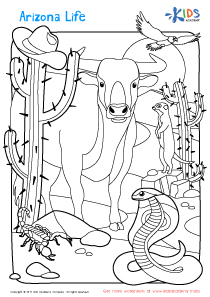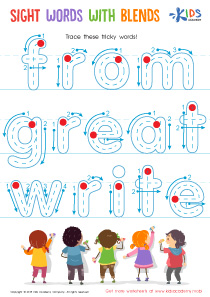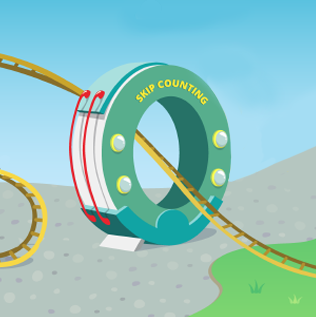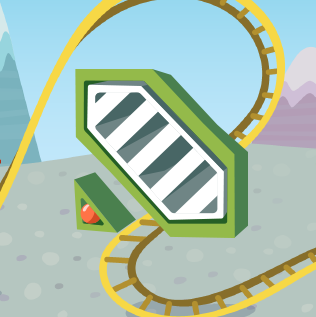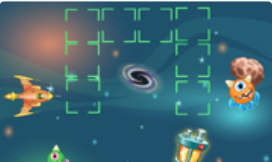Math Lessons | Counting and Comparing, Grade 2
6 results
Our Counting and Comparing Lessons for Grade 2 students are the perfect solution to help your child develop important skills in mathematics. These engaging lessons use interactive worksheets alongside educational videos and assessment quizzes to keep children interested and excited about learning. Our expert teachers guide students through the fundamentals of counting and comparing, giving them the tools they need to succeed in mathematics. With an emphasis on practical, hands-on learning, these lessons help children build confidence and discover the joy of math. Don't miss out on this valuable opportunity to help your child excel in school – enroll them in our Counting and Comparing Lessons today!
Counting and comparing may seem like a rather basic concept that children in Grade 2 would already be familiar with. However, it is important to keep in mind that these two skills serve as the foundation for many complex mathematical concepts that students will encounter throughout their academic careers.
At this level, counting lessons will typically cover basic number sense, such as recognizing and writing numerals up to 100, comparing numbers up to 100 using greater than, less than and equal to symbols, counting forward and backward from any given number up to 100, and identifying odd and even numbers. These exercises require the use of several cognitive skills in children such as counting, sequencing, and pattern recognition.
Comparing lessons will reinforce children's understanding of number relationships by providing opportunities to practice comparing and contrasting different objects and numbers to identify similarities and differences. They will learn the proper language to be used for comparison such as "more than" or "less than." These lessons will help children develop their analytical skills, which is important in problem-solving.
Interactive worksheets and educational videos help to make these lessons more engaging for children, helping them to develop a deeper understanding of the concepts they are being taught. The worksheets offer opportunities for independent practice, while the videos allow for a more interactive experience that can help students stay engaged and motivated.
Assessment quizzes at the end of each lesson will help students assess their progress and identify areas where they may need more support. It helps in identifying students' strengths and weaknesses, thereby allowing teachers to customize their teaching methods to suit each child's unique needs.
Aside from direct benefits to mathematical concepts, these lessons will also help children develop crucial life skills such as observation, logical reasoning, and problem-solving abilities. These skills play an important role in decision-making and strategic planning. An increased aptitude in mathematics also translates into better chances of future education opportunities and better employment opportunities, especially for careers in STEM.
In conclusion, Counting and Comparing Lessons for Grade 2 students constitutes a fundamental element in the development of mathematical concepts. They serve as a stepping stone for students to not only comprehend more advanced mathematical concepts but also to develop key life skills. Worksheets, educational videos, and assessment quizzes make these lessons more engaging, interactive, and effective for children, helping them to reinforce their understanding of these concepts and perform better in their studies.

